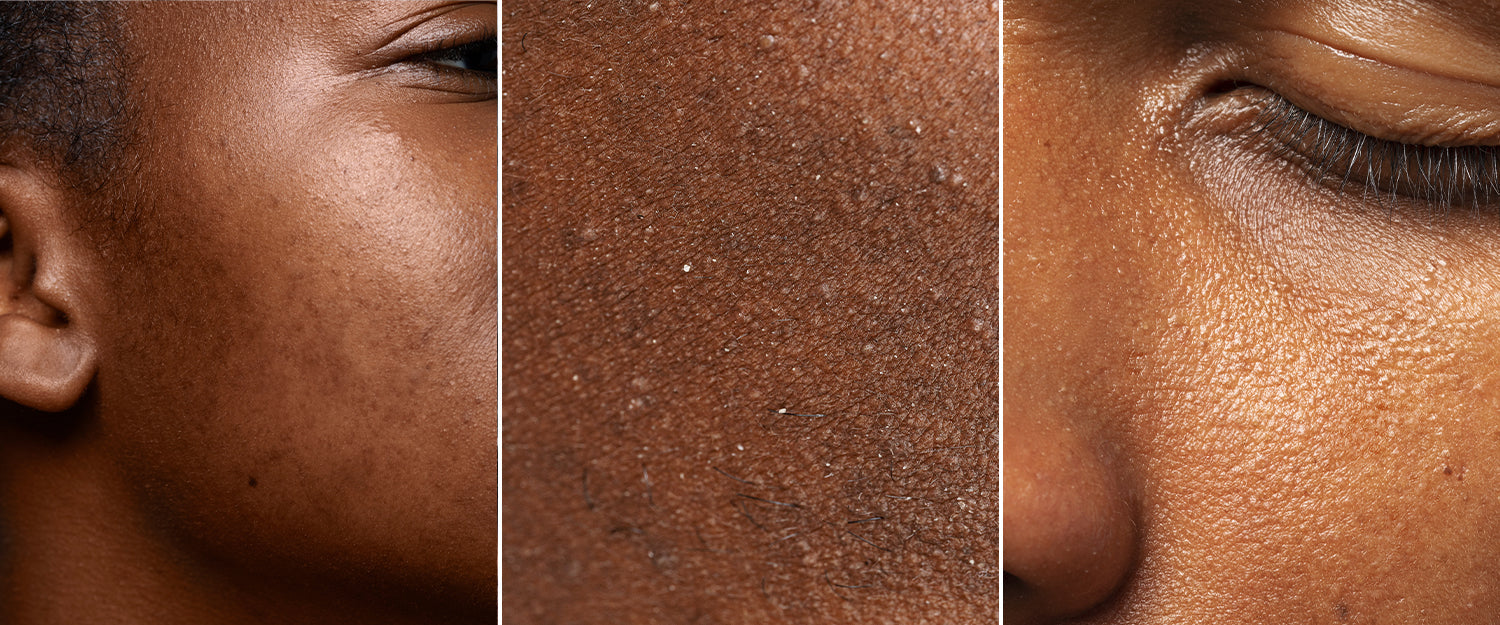After spending a majority of my life haphazardly applying body lotion (or oil) as I pleased, I discovered a strange, itchy, scaly patch of skin on the right side of my shin. “Must be an allergic reaction,” I said to myself as I brushed it off since I do test a gazillion things. But after a few weeks when the constant itching and irritation didn’t let up, I headed to my dermatologist....I soon discovered I was suffering from eczema, a first in my life.
Apparently, I’m not alone either—more than three million people suffer from inflammation and red itchy skin because of a number of factors including weather, stress, and genetics. If you have rash-like symptoms that appear on your arms, behind your knees, or on areas of skin exposed to varying environmental factors, you might have eczema (also known as dermatitis).
Those who suffer from the common skin condition know that it does take a bit of trial-and-error to find soothing, hydrating products that calm current (and prevent future) flare-ups. To help expedite your journey, I spoke to three top derms to break down everything you ever wanted to know about eczema including what they recommend you should be using. Seriously, don't let winter dryness get you down, I’m here to help!
What is eczema?
At its core, eczema is a common, non-contagious, dry skin condition which can lead to dry, scaly skin with some redness and itching, though in more severe cases the skin can crack, bleed, and/or crust. “It’s a chronic inflammatory skin condition involving a disruption of the skin barrier and an unbalance of skin microbiome including the over-proliferation of the staphylococcus bacteria,” adds NYC-based board-certified dermatologist, Dr. Marnie Nusbaum.
What recommendations do you have for over-the-counter creams?
In general, one of the best things you can do for eczema is to find a great moisturizer. Lotions can be a bit drying, as they have a higher water content, so board-certified dermatologist and CEO of Curology, Dr. David Lortscher recommends picking a heavier cream with ceramides or petrolatum.
If your skin is particularly dry or if you're exposed to very cold dry air, you should begin using a thin layer of a heavier moisturizer in the morning to help protect your skin. Moisturizing is the key to improving skin barrier function, resolving symptoms much faster, and reducing relapse with continual treatment.

By





